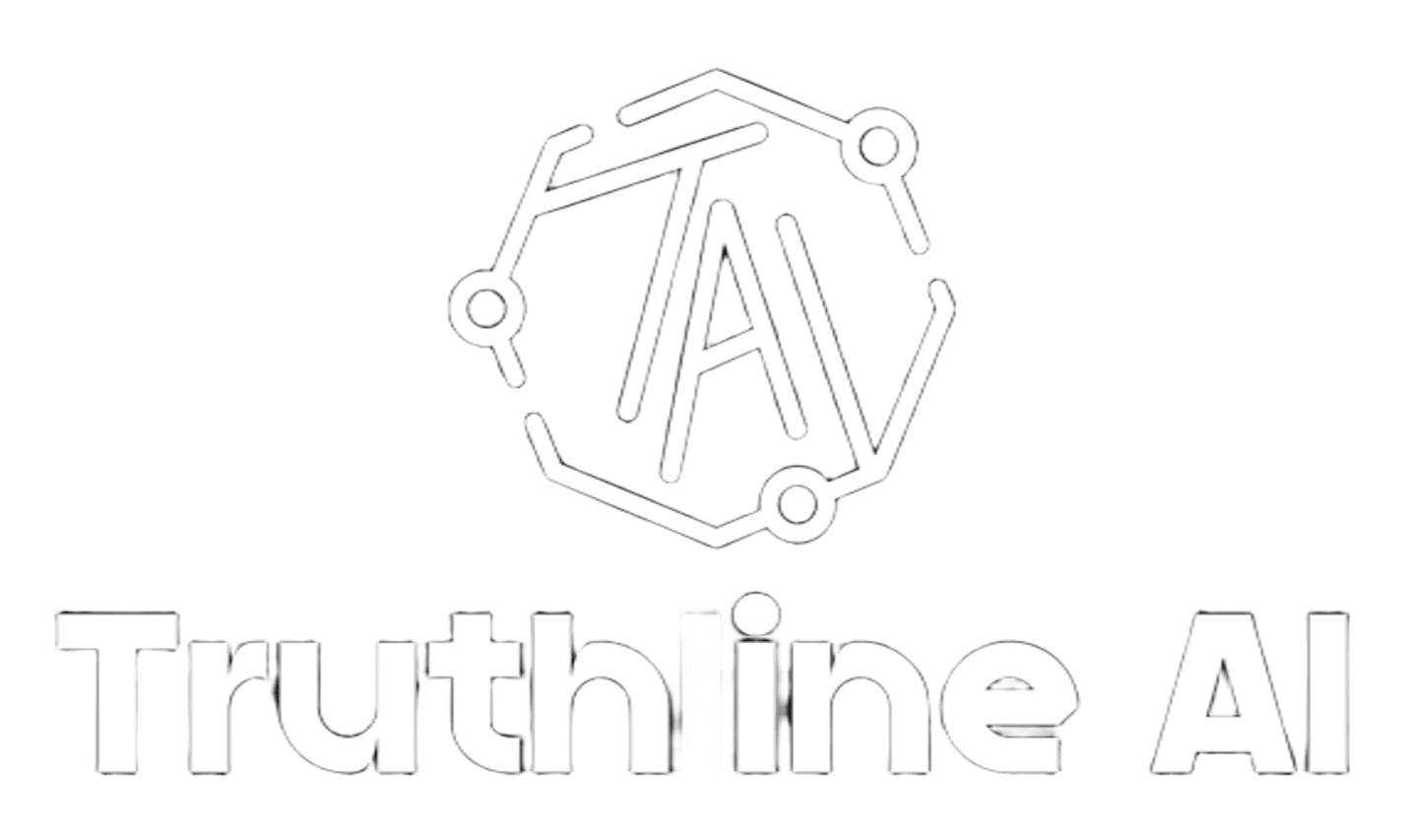Analysis of The Standard Newspaper -July 18,2025
Track
The Standard’s coverage focuses on systemic failures and governance crises, tracking issues like aviation safety risks, education shortages, and financial mismanagement. It highlights institutional dysfunction, such as illegal construction approvals and judicial overreach, while also documenting historical milestones like Phoebe Asiyo’s legacy. The newspaper consistently follows up on long-standing problems, such as the gender rule in Parliament and marginalization fund abuses, suggesting a pattern of holding power to account.
Tone
The tone is critical and urgent, particularly when addressing government failures, such as the Wilson Airport hazards or textbook fund losses, often implying negligence or corruption. It adopts a reverential tone in reporting on figures like Asiyo, celebrating her legacy while contrasting it with contemporary political shortcomings. On contentious issues like taxation or protests, the tone shifts to cautionary, warning of societal and economic repercussions.
Framing
Stories are framed to emphasize accountability, portraying crises like the Grade 9 shortage or bail inequities as consequences of poor planning or bias. Human-interest angles, such as refugees’ citizenship rights or Asiyo’s death, personalize systemic issues, fostering empathy. The editorial framing often pits public welfare against political interests, as seen in critiques of the fuel levy or media blackouts.
Editorial Agenda
The agenda prioritizes transparency and reform, pushing for solutions to mismanagement and legal compliance . It champions marginalized voices, from refugees to protesters, while scrutinizing elite abuses, such as political slush funds. The paper also advocates for institutional integrity, urging judicial fairness, media freedom, and equitable resource allocation.
Conclusion
The Standard positions itself as a watchdog, blending investigative rigor with advocacy for governance reform and social justice. Its coverage balances condemnation of failures with recognition of progress, though the emphasis leans toward demanding accountability. Ultimately, the paper seeks to influence public discourse by framing crises as solvableif met with political will and systemic change.
